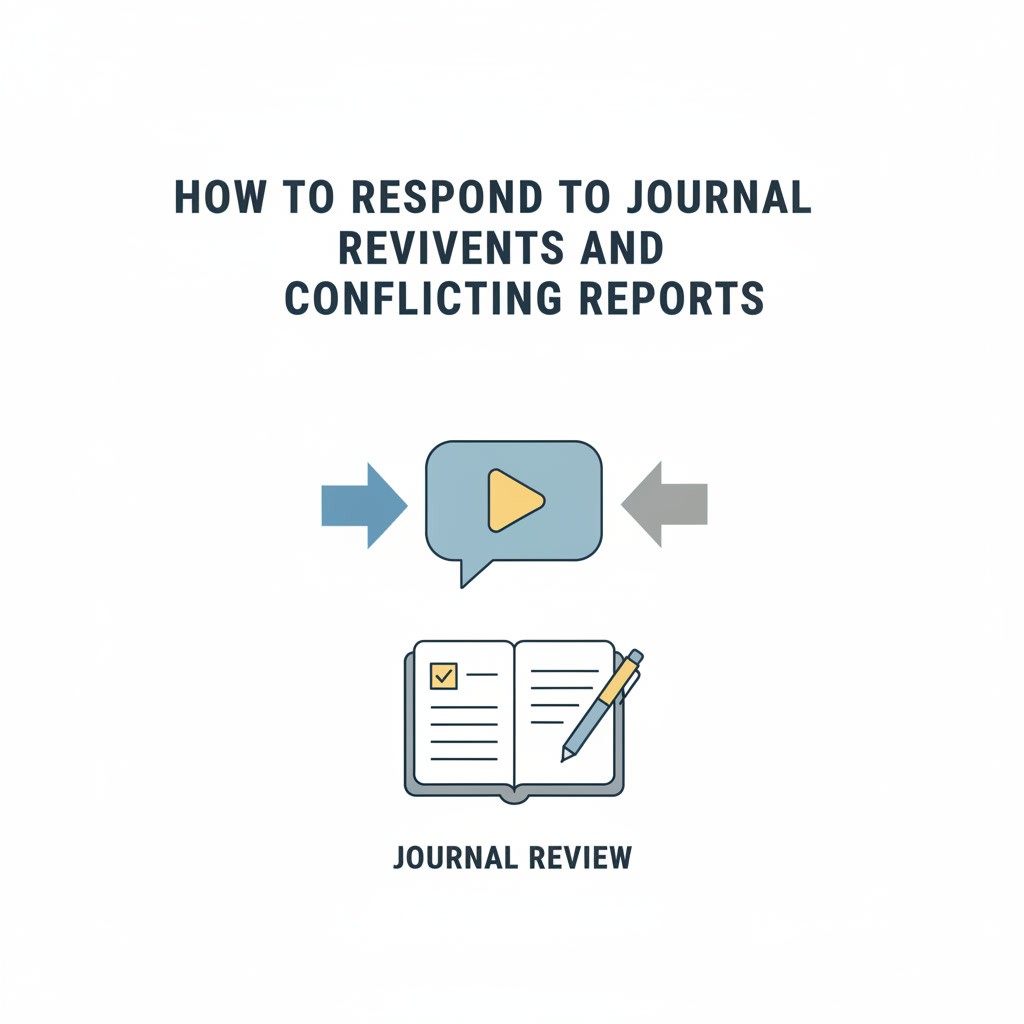Rewriting the Story: How Feedback Turns Good Essays into Great Ones
Let’s face it: writing essays can feel like a chore. But what if I told you that writing can actually be fun, even rewarding? The trick is approaching it as a process, not a one-and-done task. The best way to level up your essay game is through feedback and revisions. Seriously—getting feedback can turn your essay from a rough draft into something polished, clear, and insightful.
Here’s why.
Your First Draft is Just the Beginning
The biggest myth about writing is that you have to get it right on the first try. In reality, writing is an iterative process, even when you're just writing essays for college. You start with a rough draft—a version where you spill out your ideas without worrying too much about perfect phrasing or clarity. Once you have that draft, real magic can happen: share it with others and ask them for their opinion.
You might think, “But isn’t this my essay?” Absolutely. But your essay isn’t just for you—it’s for your readers (or your professor). When you get feedback from people close to your prospective audience, like a classmate or a teaching assistant, you gain insight into how your work resonates with them. Plus, getting another set of eyes on your draft often reveals things you might have missed, like unclear points, awkward phrasing, or sections that could be better organized.
Here’s an example from an earlier draft of this blog post:
Feedback is useful because it helps you improve your writing. You should ask people for feedback before submitting your essay. It’s important to get as many opinions as possible.
Sounds alright, right? But here’s the revised version, after a bit of feedback:
Getting feedback on your essay is like holding up a mirror to your writing—you see things you might have otherwise missed. By sharing your draft with someone who understands your audience, like a classmate or TA, you can ensure that your message comes across clearly and hits the mark.
You can see the difference. The second version is more engaging and specific—it doesn’t just say “get feedback,” it tells you why it’s so valuable.

The Art of Seeking Feedback
Don't be shy about asking for input. Your classmates, friends, family members, or teaching assistants can all offer valuable insights. Each reader brings their unique perspective, helping you create a more well-rounded essay.
Remember, seeking feedback isn't a sign of weakness; it's a mark of a mature writer who's committed to growth. As the famous writer Stephen King once said, "To write is human, to edit is divine."
Feedback Helps You See What’s Missing (or Too Much)
Often, as writers, we’re too close to our own work to spot what’s missing. Maybe you’ve spent hours tweaking the introduction and completely glossed over the middle section. Or maybe your essay is so packed with arguments that your main point gets buried. When you ask others for feedback, you’re essentially asking them to be your guide. They’ll tell you where your essay is clear and where it’s a little foggy.
Getting feedback on your essay is like holding up a mirror to your writing—you see things you might have otherwise missed. By sharing your draft with someone who understands your audience, like a classmate or TA, you can ensure that your message comes across clearly and hits the mark. Dr. John Swales, a renowned linguist, emphasizes the importance of audience awareness in academic writing. He argues that successful writers anticipate and address their readers' expectations and potential questions (Swales, 1990). Feedback helps you do exactly that.
Let’s say you’ve written an essay on climate change. A friend reads it and tells you, “I loved your point about the economic impacts, but I didn’t quite follow your argument on renewable energy.” That’s gold. It shows you where you need to clarify your ideas and where you might have over-explained.
Of course, not all feedback will feel good at first. It’s hard not to take it personally when someone suggests cutting out a paragraph you spent hours on. But remember: feedback is about making your essay better. You don’t have to agree with every suggestion, but at least consider each one. After all, if multiple people are confused by the same part of your essay, it’s worth reevaluating that section.
From Feedback to Revision: The Art of Refinement
When you get feedback, your goal isn’t just to tweak a few sentences or fix typos. Think of revision as re-seeing your work—it’s about stepping back and making substantial changes where needed. Maybe your essay needs a stronger conclusion, or perhaps the introduction needs to set up the argument more clearly. The real magic happens when you thoughtfully incorporate that input into your work. Don't just make surface-level edits; be willing to revise deeply. This might mean reorganizing your essay structure, developing new ideas, or even challenging your own assumptions.
Dr. Nancy Sommers, a writing expert from Harvard University, found that experienced writers view revision as an opportunity to discover meaning in their writing (Sommers, 1980). Embrace this mindset, and you'll find that revision becomes an exciting part of the writing process.
Let’s go back to our climate change essay. After receiving feedback, you realize your conclusion doesn’t tie back to the points you made in the body paragraphs. So, you revise:
In conclusion, climate change poses significant challenges to global economies and the environment."
to
In conclusion, the economic challenges posed by climate change are significant, but investing in renewable energy offers a clear path forward for both environmental sustainability and economic growth.
This revision ties together your economic and environmental points, making your essay feel more cohesive and complete.
Writing Is a Muscle—The More You Use It, The Better You Get
If you’re wondering why you should go through this whole feedback-and-revision cycle, think beyond just getting an “A” on your essay. Writing is like a muscle. The more you practice, the better you get. Every time you incorporate feedback, you're not only improving that particular essay, but you’re also becoming a more thoughtful, skilled writer.
This process of getting feedback, revising, and improving doesn’t just apply to your current assignment; it’s a long-term investment in your skills. By the time you finish college, you'll have a much better sense of how to anticipate your reader’s questions, address their concerns, and make your arguments airtight.
Leveraging Technology: AI as Your Writing Companion
Whether you can find people to give you feedback, or not, Thesify.ai can be a game changer. Thesify helps you by giving real-time feedback on things like clarity, structure, and even argument strength. It doesn’t write your essay for you, but it does offer suggestions to make your writing clearer and more persuasive.
For example, if you’re struggling with a sentence like:
"The main problem with climate change is that it's hard to control."
Thesify might suggest something like:
"A key challenge with climate change is the difficulty of global regulation and enforcement."
That’s not just clearer—it’s more precise and engaging. By using AI feedback in addition to human input, you can refine your writing even further. However, it's important to use AI tools responsibly. They should enhance your writing process, not replace critical thinking or original ideas.
Keep Revising, Keep Improving
Remember, every great writer started as a beginner. By embracing feedback and viewing writing as an iterative process, you're setting yourself up for success. So, the next time you’re working on an essay, don’t stop after your first draft. Share it with others, ask for feedback, and use that feedback to guide your revisions. Writing doesn’t have to be something you suffer through—it can be a creative, iterative process that helps you become not just a better writer, but a better thinker. And the best part? The more you do it, the easier it gets. Your future self (and your grades) will thank you.
Happy writing!





















